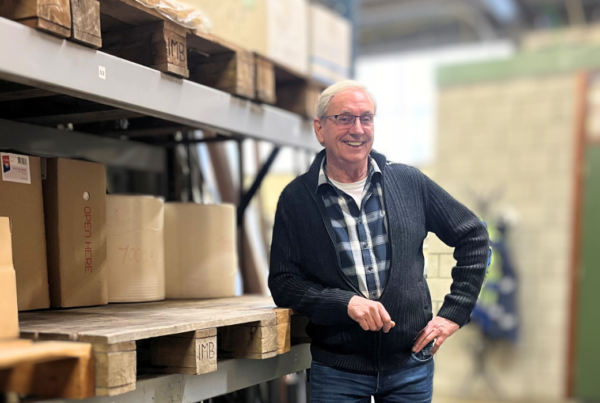Today, it becomes increasingly important for organizations to offer products that are safe and produced safely. Not only is it important for a consumer to be able to use a product safely, but for organizations that do not adhere to the set standards it can have disastrous consequences. Here, safety management is the solution. It identifies potential dangerous situations or events that could lead to accidents with direct consequences for people, the environment and finances. We guide organizations in this process in order to ensure that the set standards are met in the right way and to prevent these dangerous situations from occurring or reduce their impact.
Learning from incidents
Ever since 1771, when the first motorized vehicles, steam powered or otherwise, were produced, safety has been an important component. Even then accidents and safety issues occurred that made the importance of a safe product more and more relavent. Along the way, this awareness has only grown and functional safety has become a core competence in the manufacturing industry.
With functional safety you guarantee the continuity of your organization, the proper compliance with the standards set by governments ensures that unsafe or dangerous situations do not arise or are reduced to a minimum. In this way, the production or existence of the organization is not at stake. An example of this are the many recalls of various car manufacturers.
“Especially in that automotive industry where a growing complexity of electronic components makes it increasingly difficult to guarantee safety and prevent recalls, safety standards have been introduced,” says Leon Mullers, Safety and Quality expert within Perfact. “We specialize in Automotive Functional Safety and guide organizations in the efficient implementation of those complex safety standards and can objectively assess which tools that are needed,” Leon continues.
Perfact provides certainty
Functional safety includes various types of safety, not only the implementation of complex safety standards within the automotive industry (ISO 26262) but also for an employee in a factory who must be able to safely operate a machine or perform their work (IEC 62061). For both standards we have the knowledge and certification to guide organizations through the entire process.
We start by drawing up a ‘Safety Case’ in which all activities are described that are necessary during the entire process and includes all the phases in order to achieve the required safety level. We monitor and supervise this entire process and therefor relieve the client with complex assesment . “Implementation of safety standards also requires more or other types of skills and competences of (production)employees, we provide these employees with such training so that they are also able to work in this new safety culture.
In addition, we also unburden our client by acting as a mediator between the client and the ‘notified body’ conducting the audit. Besides, we are an independent party and therefor there can be no conflict of interest that could jeopardize the process. All in all, these are advantages that offer security to a client and allow us to make a difference,” concludes Leon.
Want to know more? Or can we guide you in safety standardization please contact us!



